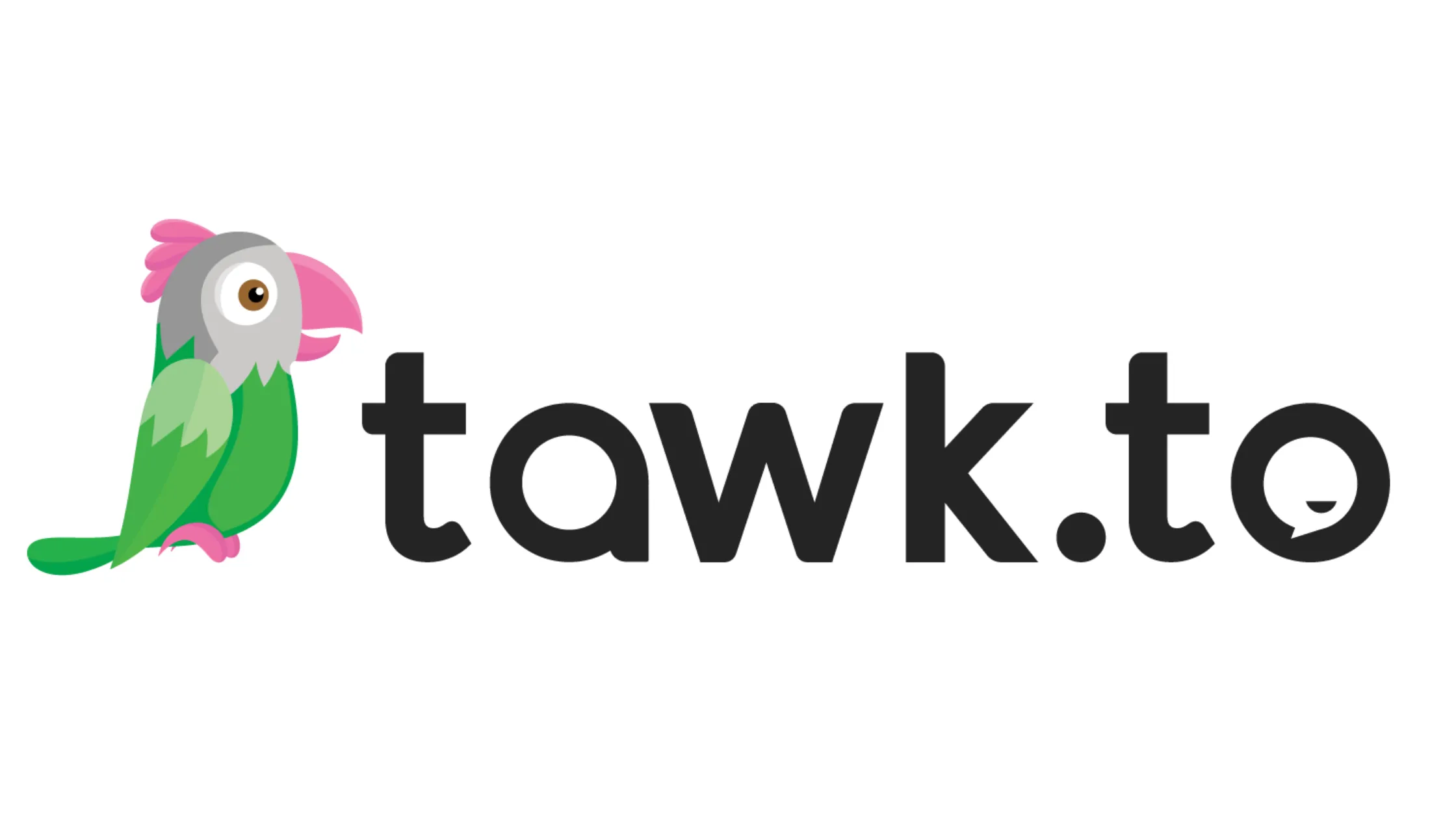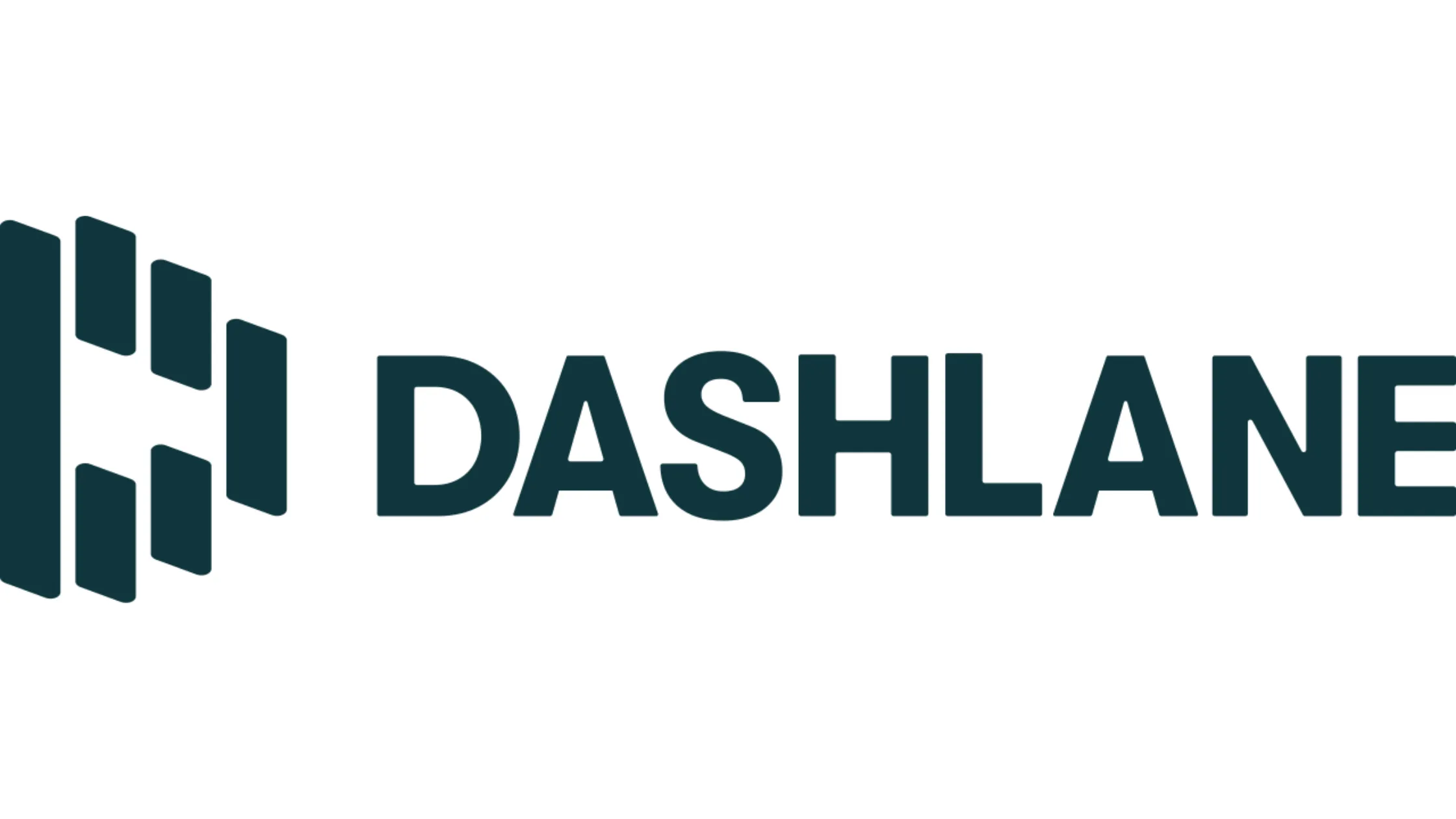
What is Equity for Startup Founders?
Learn what equity is, why it matters for startups, and how to allocate it effectively. A beginner's guide for startup founders.
So, you’ve got an idea that could change the world. You’re ready to build your startup, but you’ve heard a lot about equity and are feeling a bit lost. What exactly is equity? Why does it matter so much? And how do you decide who gets how much? Let’s break it down in a way that makes sense for you and your startup journey.
What Is Equity?
Equity is ownership. When you start a company, you own 100% of it. As you bring on co-founders, employees, and investors, you’re likely to give away some of that ownership. Why? Because in exchange for their time, skills, or money, these people help you build your company. Think of equity as a pie that you’re slicing up to share with others, and everyone’s share represents their stake in the business.
Types of Equity
Equity comes in a few different forms:
- Common Stock: Typically given to founders, early employees, and sometimes advisors. It usually represents the base level of ownership.
- Preferred Stock: Often issued to investors during funding rounds. It comes with extra benefits, like priority in payouts during an exit.
- Stock Options: Rights given to employees or advisors to purchase shares at a future date for a set price. These are often used as an incentive to attract talent when you can’t pay top salaries.
Why Equity Matters for Startups
Equity is more than just ownership; it’s a tool to motivate, align, and build a shared vision. When you offer equity to someone, you’re making them a partner in your mission. Here's why it matters:
- Alignment of Interests: Giving your team a stake in the game means everyone is working towards the same goal—making the company successful.
- Incentive for Growth: Equity can be a powerful motivator for employees, especially in the early stages when cash is tight. It’s a promise that their hard work today could lead to a big payday tomorrow.
- Fundraising Power: When you offer equity to investors, you’re exchanging a piece of your company for the resources you need to grow. The more compelling your vision, the more valuable your equity becomes.
Deciding How Much Equity to Give Away
Now, here’s where things get tricky. How much equity should you give to a co-founder, early employee, or advisor?
- Founders: Typically, equity is split based on the level of contribution and commitment. There’s no one-size-fits-all rule, but conversations should revolve around roles, responsibilities, and risk.
- Employees: Early hires might receive anywhere from 0.5% to 2% equity, depending on their role and seniority. As you grow, new hires typically get less.
- Advisors: Equity for advisors usually ranges from 0.1% to 1%, depending on their involvement and influence.
Equity Allocation—Common Mistakes to Avoid
When it comes to equity allocation, it's easy to make mistakes that can haunt you down the line. Here are a few common pitfalls and how to avoid them:
Over-Diluting Too Early
One of the biggest mistakes founders make is giving away too much equity too soon. Whether it’s to attract a co-founder or bring in early investment, you might feel pressured to give away more than you should. The downside? As your company grows, you may find yourself with a much smaller piece of the pie than you originally planned.
Tip: Start with small grants and gradually increase them based on performance and milestones. Remember, equity is valuable, and it should be treated as such.
Ignoring the Importance of Vesting
Skipping vesting schedules is another major misstep. Without vesting, co-founders or employees who leave early might walk away with large portions of your company, leaving you with less leverage and control.
Tip: Always implement a vesting schedule. A standard 4-year vesting period with a 1-year cliff is a good starting point, but adjust based on your needs and circumstances.
Not Accounting for Future Growth
It's easy to get caught up in the present and forget that your company will need room to grow. If you allocate all your equity early on, you won’t have anything left for future hires, partnerships, or investment rounds.
Tip: Create an equity pool from the beginning. A 10-20% pool reserved for future employees is standard, but be prepared to adjust this as your company grows.
How to Communicate Equity to Your Team
Explaining equity to your team can be challenging, especially if they're unfamiliar with startup culture. Clear communication is key to ensuring everyone understands the value and expectations.
Keep It Simple and Transparent
Break down what equity means, how it works, and why it matters. Use plain language—avoid jargon. Ensure everyone understands the vesting schedule, how stock options work, and what their shares could potentially be worth.
Regularly Review and Update Equity Grants
Equity isn’t a “set it and forget it” deal. As your company grows, roles evolve, and market conditions change, your equity strategy might need adjustments. Regularly review equity grants and be open to making changes based on performance and contributions.
The Final Word on Equity for Startups
Equity can be a powerful tool for aligning your team, incentivizing growth, and attracting investment—but it must be used wisely. Think of it as a resource that needs careful management. Don’t rush into decisions, and always seek advice from experienced founders, mentors, or legal professionals.
At Horizon-Labs.co, we’ve seen firsthand how the right equity strategy can make or break a startup. With our extensive experience supporting founders across various industries, we know how to balance the technical and strategic sides of your business. Let us help you avoid the common pitfalls of equity allocation and build a strong foundation for growth.
Protecting Your Equity—Tips for Founders
- Use a Vesting Schedule: A vesting schedule ensures that equity is earned over time. Standard practice is a 4-year vesting with a 1-year cliff, which means an individual must stay with the company for at least one year to earn any equity.
- Reserve an Equity Pool: Set aside a portion of your equity—usually around 10-20%—for future employees. This makes hiring easier down the line without diluting the existing owners too much.
- Seek Legal Advice: Equity arrangements are legally binding. Getting them wrong can lead to major headaches or even destroy your startup. Make sure you have a good startup lawyer.
Need Help Navigating Equity?
Navigating the complexities of equity can be daunting, but you don’t have to do it alone. At Horizon-Labs.co, we’ve worked with founders at every stage, from ideation to acquisition. Our team of experienced engineers and strategists knows what it takes to build not just products but companies. We’ll help you figure out the right equity mix, build a strong technical foundation, and connect you with the right partners to accelerate your growth.
Ready to talk about how we can help you? Contact us at info@horizon-labs.co or schedule a call at Horizon Labs Contact to find out how we can build your tech better, faster, and more affordably than the competition.
Need Developers?
We help startups build ideas into apps their customers will love (without the engineering headaches).
















For Startups & Founders
We've been founders ourselves and know how valuable the right communities, tools, and network can be, especially when bootstrapped. Here are a few that we recommend.
.png)
9 Best Product Development Agencies in Irvine, California (2025 Edition)
Looking for the best product development agency in Irvine, CA? Check out our 2025 roundup of top product design & software companies to bring your ideas to life
Read more
Best Product Development Agency: San Francisco Bay Area 2025
Looking for the best product development agency in the San Francisco Bay Area? Explore our picks for 2025, featuring product design, software dev, and more.
Read more
Is Sharetribe Right for Your Business? 10 Questions to Ask
Discover if Sharetribe is the best fit for your marketplace. Compare ST vs Cocorico, explore alternatives, and answer 10 crucial questions before you decide.
Read more
How Tawk.to Can Boost Your Startup’s Customer Support Game
Learn how Tawk.to can benefit startups by enhancing customer support and engagement. Perfect for early-stage founders!
Read more
Grow Your Startup With Anthropic's AI-Powered Tools
Discover how Anthropic's cutting-edge AI tools can accelerate your startup's success. Learn about their benefits and see why they can be trusted by startups.
Read more
Dashlane
Simplify password management and security for your startup with Dashlane. Discover how it protects your data, scales with your team, and boosts efficiency.
Read more
How Startups Can Leverage OpenAI’s API for Growth
Learn how startups can leverage OpenAI’s API to automate tasks, boost productivity, and build smarter apps without breaking the bank.
Read more
What is Equity for Startup Founders?
Learn what equity is, why it matters for startups, and how to allocate it effectively. A beginner's guide for startup founders.
Read more
What is a Term Sheet?
Learn the essentials of term sheets in this beginner-friendly guide for startup founders, covering key terms, negotiation tips, and common pitfalls to avoid.
Read more
CereberalValley.ai
Explore CerebralValley.ai, the essential community for AI startups. Connect with AI experts, access resources, and network with investors to accelerate growth.
Read more
Alchemist Accelerator
If you're a B2B startup, Alchemist is by far one of the greatest communities that can accelerate your startup. Highly recommended!
Read more
Techstars: Launching Pad for Tech Startups
Discover how Techstars, the premier startup accelerator, can supercharge your venture with mentorship, funding, and a global network of innovators.
Read more